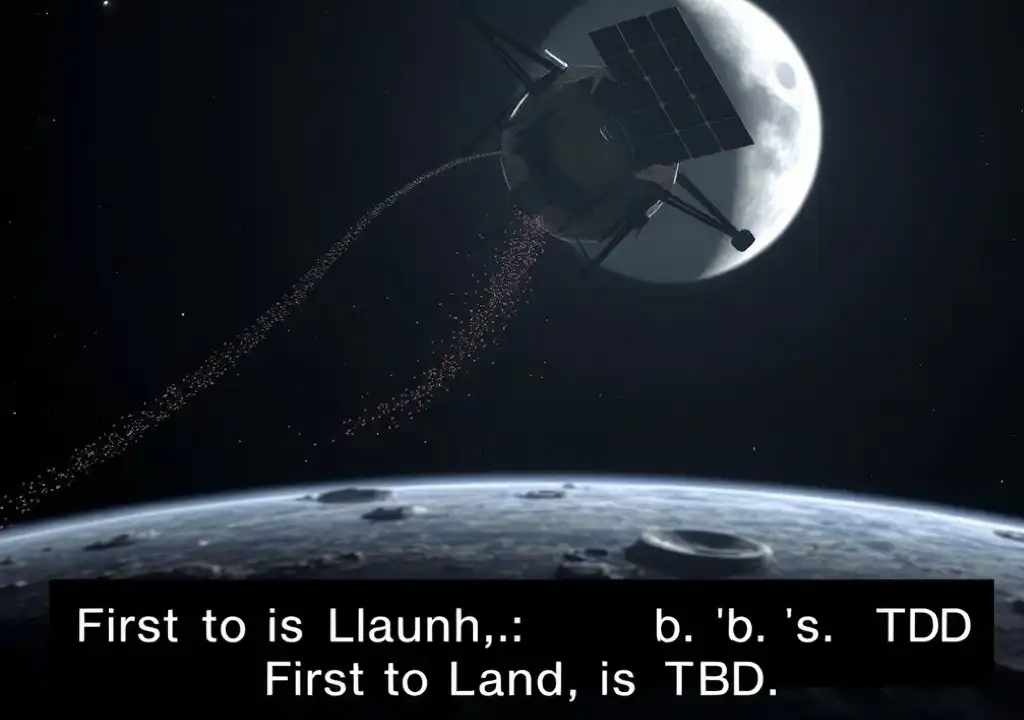Mission’s success uncertain as private firms vie to place first American spacecraft on the moon in over 50 years.
A pioneering mission to land the first commercial spacecraft on the moon is in jeopardy after suffering a “critical loss” of fuel—posing a serious challenge to America’s return to the lunar surface after five decades.
The Peregrine lunar lander, developed by Astrobotic Technology, launched atop a Vulcan rocket from United Launch Alliance (ULA) at 2:18am (07:18 GMT) on Monday from Cape Canaveral, Florida.
Shortly after launch, technical problems began emerging, including a failure to align the solar panel with the sun, which hindered battery recharging—due to issues in the propulsion system. An improvised maneuver temporarily corrected the orientation, but a significant loss of propellant followed.
Astrobotic reported that efforts are underway to contain the issue. “We are focusing on preserving as much science and data as possible,” the company shared on X, formerly Twitter, while exploring backup mission options.
Private Sector’s Moon Race Intensifies
This mission is part of the growing competition among private companies aiming to establish a presence on the moon. A successful landing would mark the first by a private firm and the first US lunar touchdown since Apollo 17 in 1972.
Peregrine was scheduled to land on February 23 and collect vital data to support upcoming crewed missions. The launch also represents the beginning of NASA’s Artemis lunar initiative.
For ULA, this was a critical test of its new Vulcan rocket—developed to succeed the Atlas V and rival SpaceX’s Falcon 9 in satellite deployment.
Astrobotic aspires to become the first private company to achieve a moon landing. So far, only the US, Soviet Union, China, and India have succeeded. Past private attempts, including Japan’s ispace and an Israeli firm, ended in failure.
Yet the lunar commercial race continues. Intuitive Machines, another US company, is preparing for its own moonshot and may beat Astrobotic to the lunar surface due to a more direct flight path.
“First to launch. First to land is TBD,” remarked Astrobotic CEO John Thornton.

